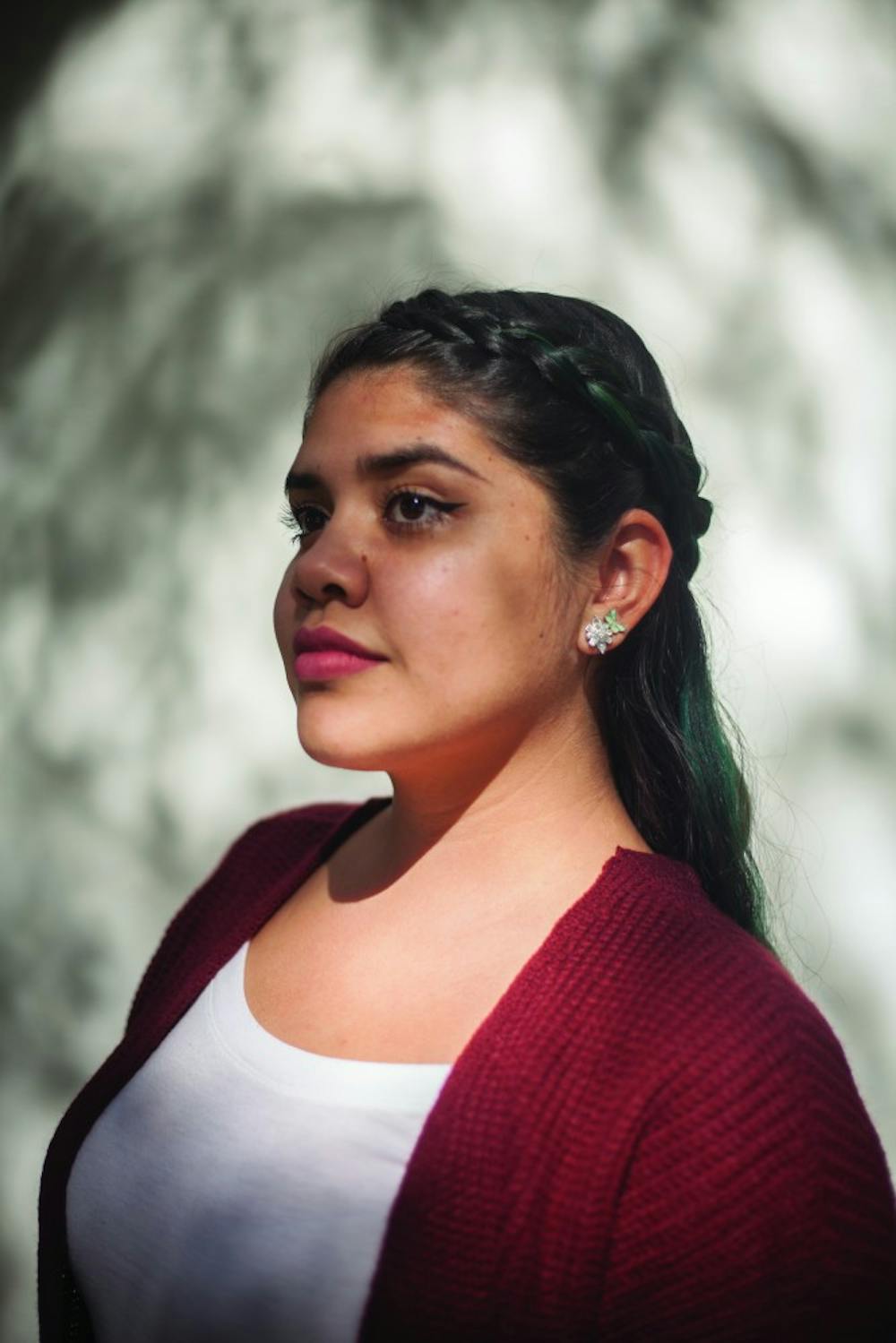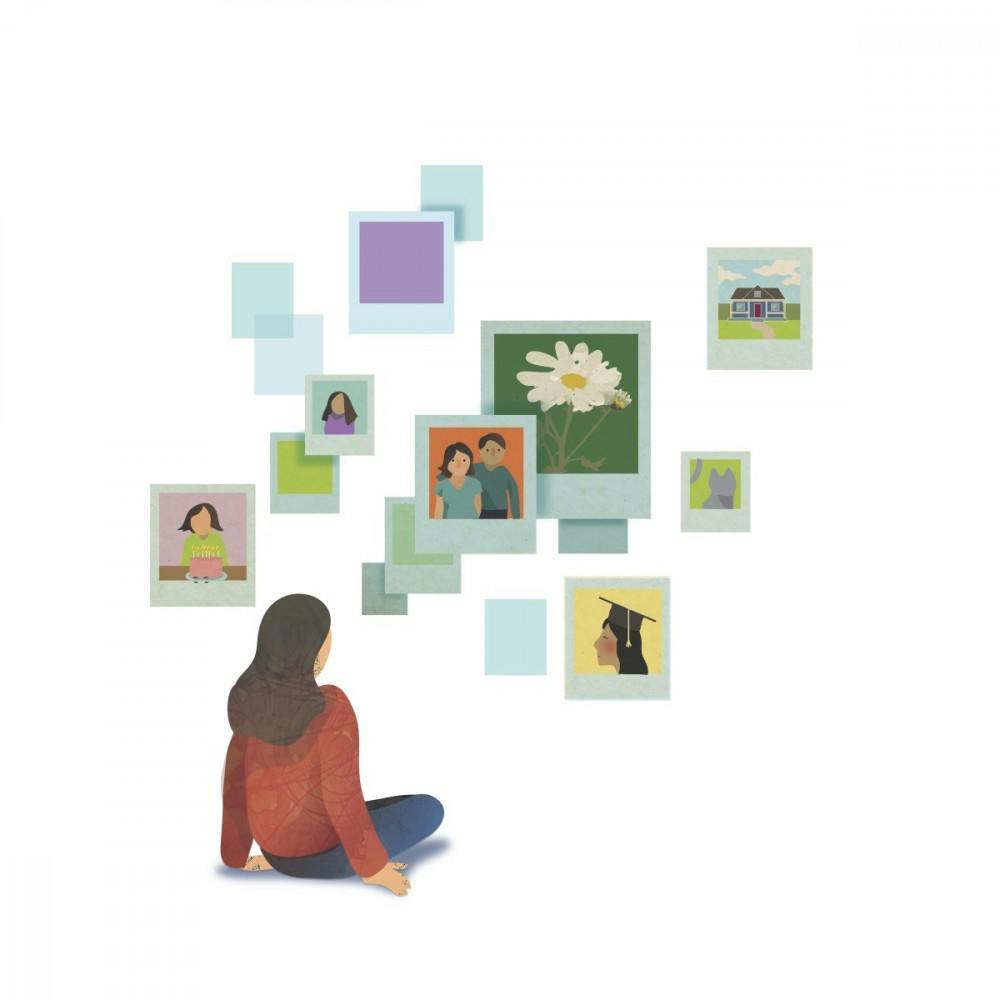*Names changed for anonymity.
As an undocumented immigrant in America, for the longest time, Maria Garcia felt like she “lived in the shadows.” She came to America with her parents at just two years old, and despite her best efforts to work hard in school and her family’s efforts to provide a better life for their children, Maria’s future has never been certain or safe.
“I felt like my life was a wasted opportunity for the longest time,” Maria explained. “My options were to either go back to Mexico by myself, without my parents or any family, to live on my own in this country I don’t know to try to go to school, or to just work under the table and clean houses or something.”
For Aaron Verano*, he first learned that he was an undocumented immigrant when he wasn’t allowed to go on his middle school class field trip. Aaron was 13 and he dreamed of being an engineer. When his teachers announced their field trip to Boeing, he couldn’t wait, but he was told he couldn’t go on the field trip because he “posed a threat to national security.” Aaron went home that day realizing, for the first time, what it meant to be undocumented in America.
Aaron later learned and recollected that he immigrated to America when he was three years old. Back in Guadalajara, Mexico, Aaron had lived in a shed made of tin, in a place called “La Pila” — the pile. He collected toys from the trash. His father had already migrated to America, and when he was three, his mother helped him escape a place where they had no future in hopes of a better one.
When President Barack Obama instituted the Deferred Action for Childhood Arrivals, often referred to as DACA, in 2012, many children in Maria and Aaron’s shoes finally felt like there might be a life for them in the only country they have ever known. They could finally get their driver’s licenses, apply for higher education and get jobs that were not under the table.
With a white, beaming smile, DACA recipient Aaron said, “I was able to go to the dentist — I’ve always wanted to go to the dentist.”
Even with DACA, however, things are not fixed for recipients permanently. Like the name of the act implies, this measure is only a deferred action, meaning that recipients are not given any paths to gaining permanent residency, and they are still slated for deportation — they are just not listed as a priority. While the recipients are not granted legal status, they are declared lawfully present in the U.S. With DACA, their lives are still in limbo, but at least they can suspend the process for a bit longer.

It has been 19 years since Maria came to America, and she is now a senior at USC, majoring in visual communications with plans to graduate in May. Since Aaron’s arrival at 3 years old, he has graduated high school and become an apprentice electrician. Without DACA, none of this could have happened.
That is not to say that it has been easy for them or that they have coasted off of the taxpayers’ dollars; in fact, with DACA, recipients are required to pay taxes but do not receive the benefits of them like traditional citizens do. And even though Maria has lived in South Carolina since she was two years old, she has to pay out-of-state tuition to go to school at USC with almost no help from financial aid or scholarships. Because DACA doesn’t extend to her parents, they are left paying for her tuition with whatever money they can make under the table.
“It breaks my heart and it makes me laugh a little, cynically, when people think we get all these handouts,” Maria said.
In fact, according to a 2016 survey by Fast Company, 95 percent of DACA recipients are working or in school.
For one Columbia student, DACA made it possible for her to visit her dying grandfather in Mexico — something she had never been able to do before, and something she can never do again, once DACA is rescinded.
Since President Trump announced his plans to rescind DACA in a statement made on Sept. 5 — a date no recipient will ever forget — these immigrants’ lives have been uncertain at best, yet again.
Recipients were given the option to renew their status for one more period of two years, if they met the deadline. Maria was one of the students who chose to renew.
“As of now, I have two years to figure out the rest of my life, and I’m only 21,” Maria said.
However, many others are choosing to not renew DACA because they feel it poses too much of a threat to themselves. The process of applying for and renewing DACA means providing the Department of Homeland Security with detailed personal information, which the government could easily access and use to potentially track down, arrest and deport immigrants when DACA ends.
“They have all of our information and could just pick us up one by one,” Aaron said.
When asked if they felt that they had to be extra careful now, as DACA recipients, there were big nods, sighs and somber faces across the board. Since the election, the country has been a political minefield, and for those already teetering on the edge of deportation, any wrong move could be explosive.
A good number of DACA supporters have taken to voicing their support for the program, but, unfortunately, some of their messaging can be a bit misguided at times. Maria and Aaron voiced their concern for some of the well-meaning but improperly communicated messages circulating.
Some opinion writers and activists have used heroic actions of DACA recipients to justify their being here.
For example, a BBC news story produced during Hurricane Harvey’s reign over Texas, wrote, “Daca Dreamers: Harvey hero now faces deportation.” The story, about a DACAmented paramedic who saved lives during the hurricane, is emotional and powerful. It portrays a great image of these immigrants in America. Yet, naturally, not all DACA recipients are going to be heroes. Their worthiness of living in America should be grounded in the fact that they are simply hard-working, fellow human beings.
“You don’t have to be a hero to gain respect as an American citizen,” one local recipient said.
“You shouldn’t need to regain respect. You should already have it,” said another.
These recipients were also concerned about the ways that their parents are villainized in these narratives of immigration. In order to remove blame from the DACA recipients, some supporters end up placing the blame on the parents, who made the choice to immigrate with their children to America, instead. On paper, this argument might seem logical, but such issues in real life are cloaked in shades of gray.
“Don’t criminalize parents,” Maria said. “In all honesty, if all of their choices were life and death, they’d get up and leave too. They didn’t do it with this terrible thing in mind. They just knew that anything was better than what they had.”
For those who wish to stop what has already been set in motion, first inform yourself and those around you about what DACA really is, and try to dispel any misconceptions that can be so easily circulated. Next, contact your local representatives and voice your concern for the issue. It is your representative’s job to listen to you. South Carolina Appleseed Justice Center (scjustice.org) also provides resources for both recipients who need help and for supporters who want to give help.
The ideal of the American dream has circulated passionately in our country since its very start. This concept appealed to so many because it suggested that everyone has an equal shot, no matter their backgrounds, of working hard and achieving their dreams. However, with DACA gone, this core value that America holds so close to its metaphorical heart is no longer attainable for recipients that have been living here almost their whole lives. I can continue to dream that, one day, all hard-working immigrants will be treated equally and be given equal opportunities in this country that has given me so many. However, while I continue to dream, other’s lives in America are being cut short.



